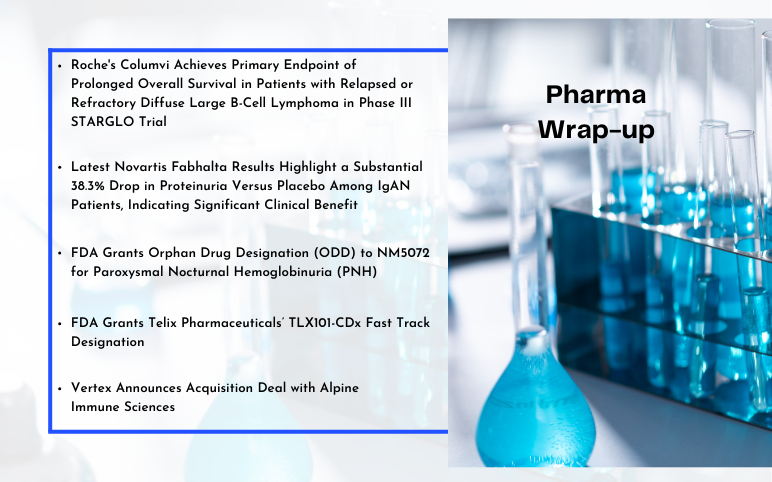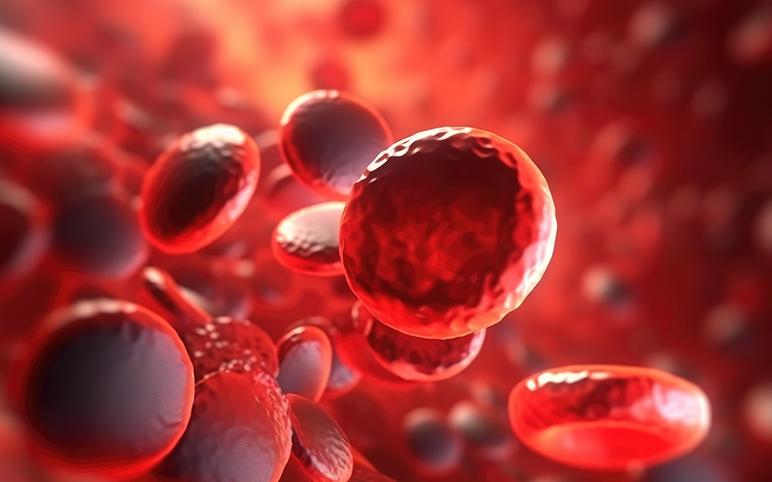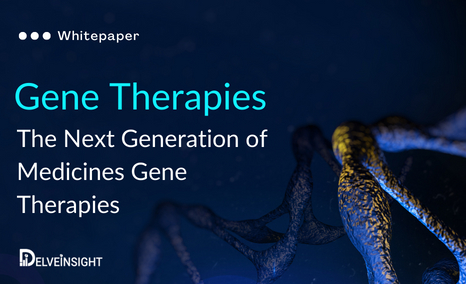Table of Contents
Aurobindo Pharma Q2 net profit up 33.53% to Rs. 606 cr
Aurobindo Pharma reported 33.53 per cent rise in consolidated net profit to Rs 605.64 crore for the quarter ending September mainly on account of robust formulation sales. The company had posted a net profit after tax, minority interest and share of profit of joint ventures of Rs 453.55 crore for the same period a year ago. Consolidated total income from operations also rose to Rs 3,775.45 crore for the quarter under consideration as against Rs 3,365.11 crore for the corresponding period of the previous fiscal.
The Leukemia & Lymphoma Society (LLS) Selects INC Research for AML Master Trial
The Beat AML Master Trial is the first time a non-profit is working with multiple pharma and biopharma sponsors and other key collaborators to operationalize a study. The trial will provide principal investigators and their patients consolidated access to test novel therapies matched to specific molecular aberrations in AML. Newly diagnosed AML patients will enter this study based on screening for specific molecular mutations known to be drivers of their disease, and will be matched to a specific targeted therapy.
Eli Lilly secures conditional marketing authorisation for olaratumab injection with doxorubicin
The European Commission (EC) has granted conditional marketing authorization for Eli Lilly and Company’s olaratumab injection of 10mg/ml in combination with doxorubicin, to treat adults with advanced soft tissue sarcoma (STS) who are not suited for curative surgery or radiotherapy and were not previously treated with doxorubicin. Olaratumab is a recombinant, human immunoglobulin G subclass 1 (IgG1) monoclonal antibody. Data from the Phase II portion of the pivotal JGDG trial has paved the way for the conditional marketing authorization followed by a positive recommendation from the Committee for Medicinal Products for Human Use (CHMP).
Study reveals synthetic DNA vaccine approach successfully protects against Zika virus
A new research has indicated that a synthetic DNA vaccine approach has been able to successfully protect against infection, brain damage and death caused by the mosquito-borne Zika virus in-vivo. There are currently no licensed therapies or vaccines to protect against the Zika virus. In this preclinical study conducted by the Wistar Institute, all of the animal models were protected after vaccination followed by a challenge with the Zika virus. In addition, they were protected from degeneration in the cerebral cortex and hippocampal areas of the brain, while the other cohort showed the brain’s degeneration after Zika infection.









-Agonist.png)


